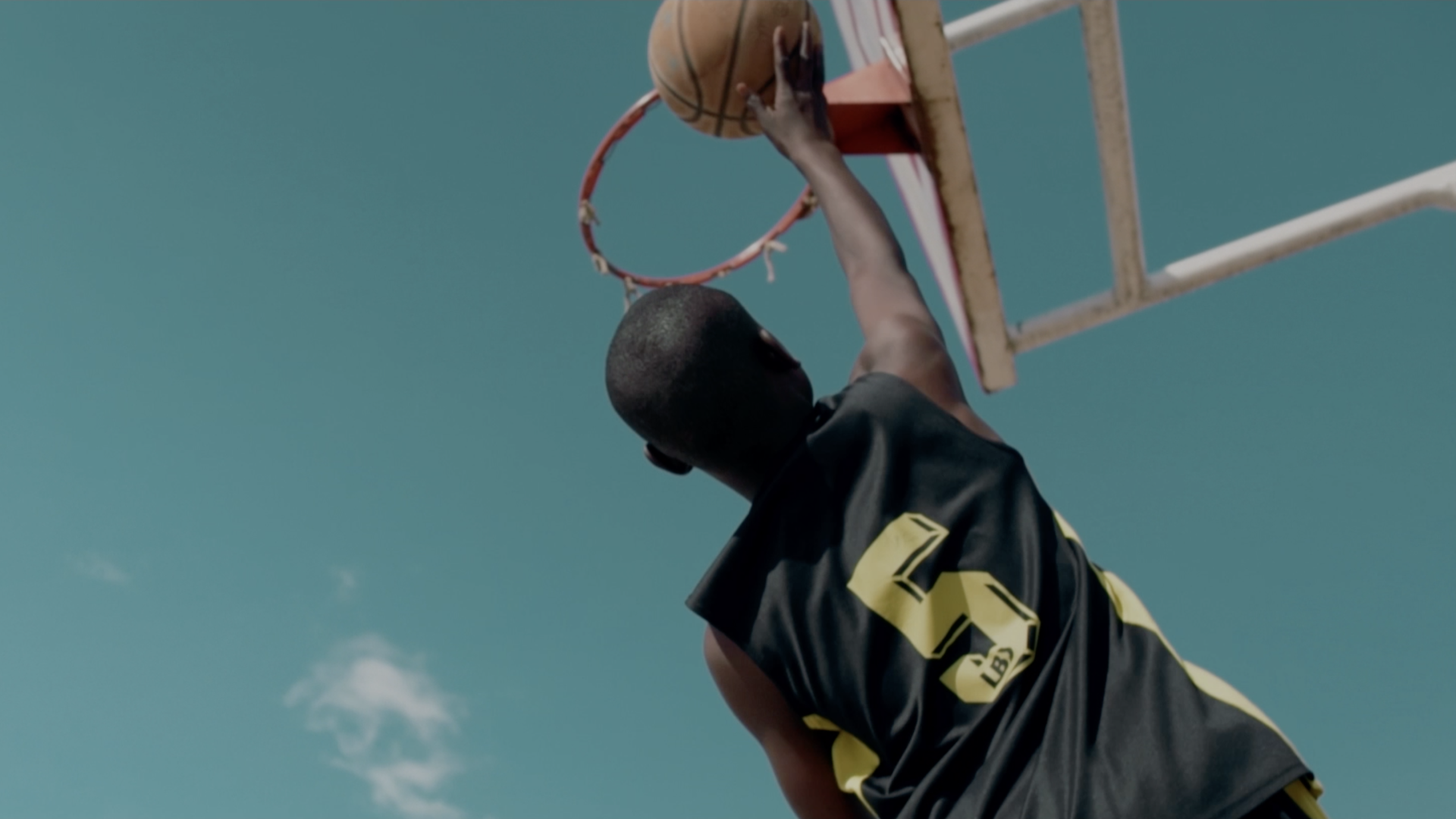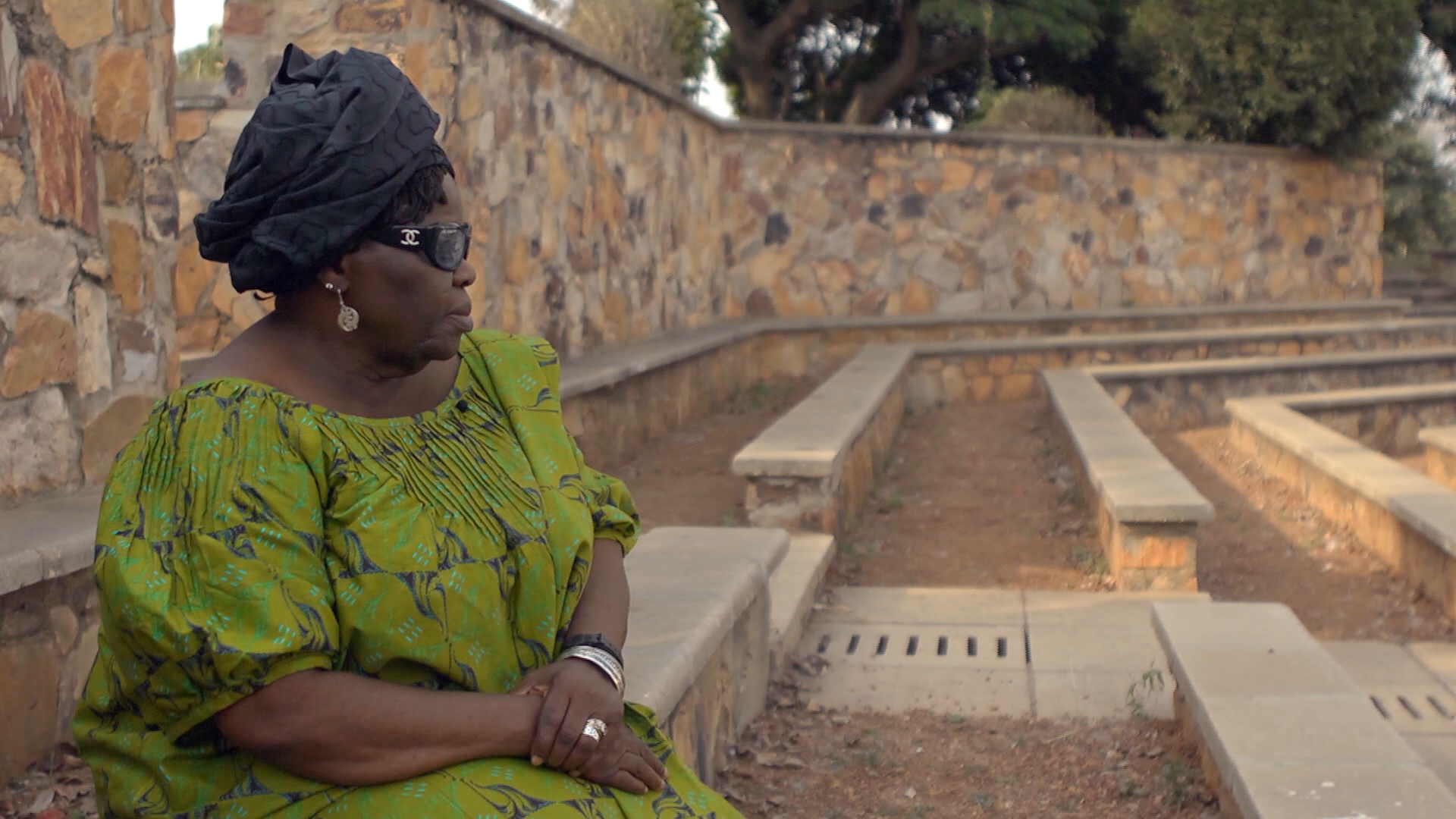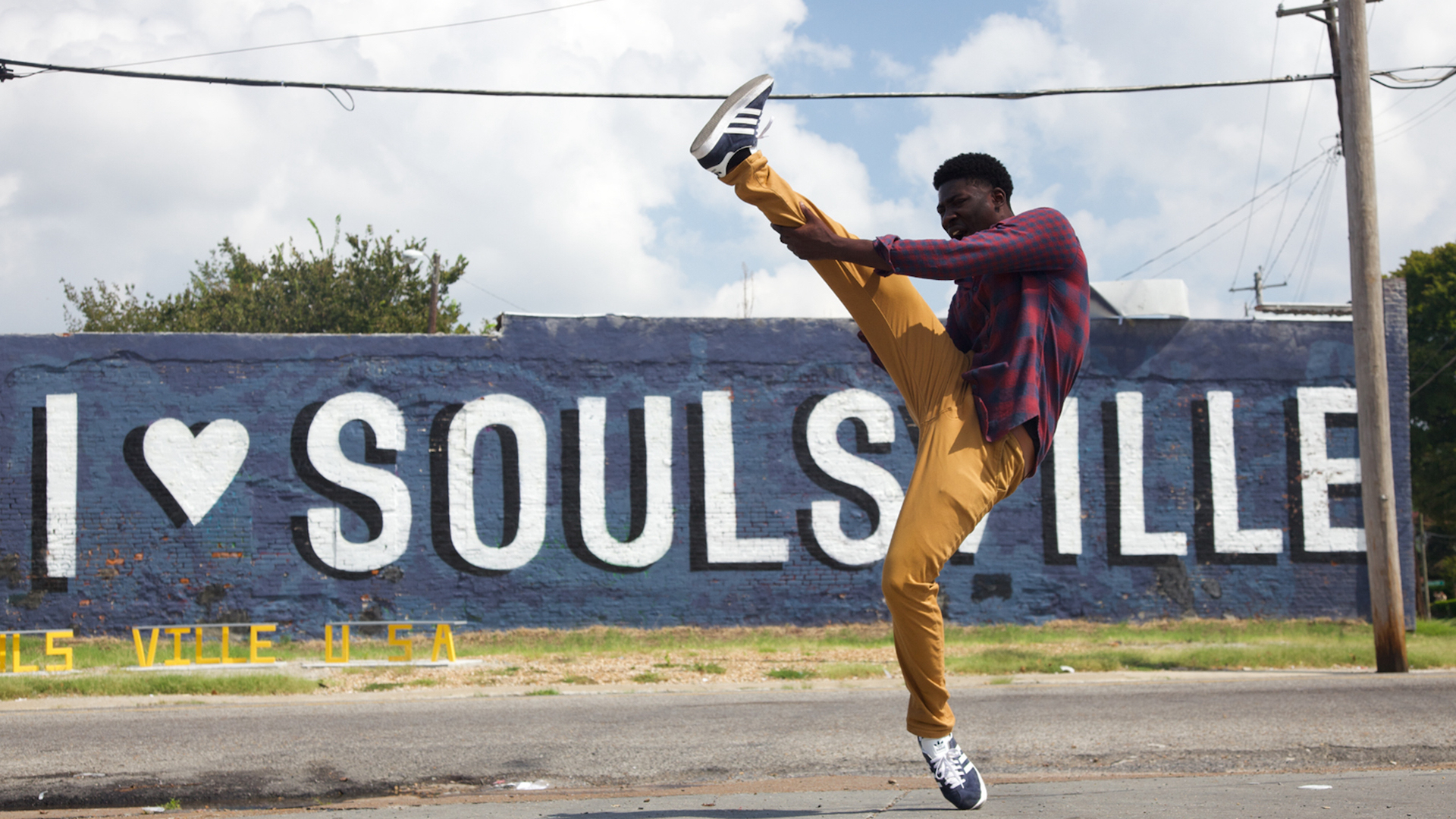After a round of nominations and voting, our subscribers have chosen our kweliGIVES 2023 Recipient! All of our nominees are doing fantastic work for their communities and hope they continue to do great things in the future.
This initiative provides our team and subscribers another way to give back and support our community. Every year, we donate 1% of our subscription revenue to a different US-based non-profit organization every quarter.
Based on your votes, our winner is: DC Family & Youth Initiative!

We sat down with founder Susan Punnett to discuss to work her wonderful organization is doing for youth and families in the D.C. area.
Q: Can you just tell me a little bit about DCFYI?
A: Family Youth Initiative, or DCFYI, is an organization created to ensure that teens who are in foster care develop what become lasting adult relationships.
Q: How do you then foster those relationships?
A: We work with young people who are 12 and older, who are referred to us by a social worker or someone else who’s working with them in foster care, and knows that they don’t have what seems to be a lasting, supportive adult relationship. So generally, teens in our program either have a goal of adoption and an adoptive family has not been identified yet or they have some other goals. That doesn’t necessarily mean they will be connected strongly with an adult before they leave foster care. Part of what we do very differently from most other organizations is that we let relationships happen naturally. We think that definitely works better for teens, especially teens who have experienced trauma and may have a lot of ambivalence about people in general and new relationships. Truthfully, it also works better for adults just in the sense that there are lots of wonderful people out there but not all of us click. So by letting adults and teens get to know each other, and if they hit it off, begin to build a relationship we allow stronger relationships to result.
We hold events generally on the weekends that are designed to allow adults and teens to come together and have some fun activity that they’re participating in so that no one’s feeling awkward. And over time, by bringing people together, relationships form—sometimes very quickly. Sometimes, there’s an adult and a teen who will meet once and there’s just something that clicks for them and other times over a much longer period of time, people will develop relationships. And while people are coming to events, adults are also in the process of doing training and background clearances and whatever they need to do to be approved to be able to be matched with a teen in whatever capacity they want to be matched. (It) could be as a mentor, it could be as a weekend host parent, it could be a committed community member or it could be an adoptive parent.
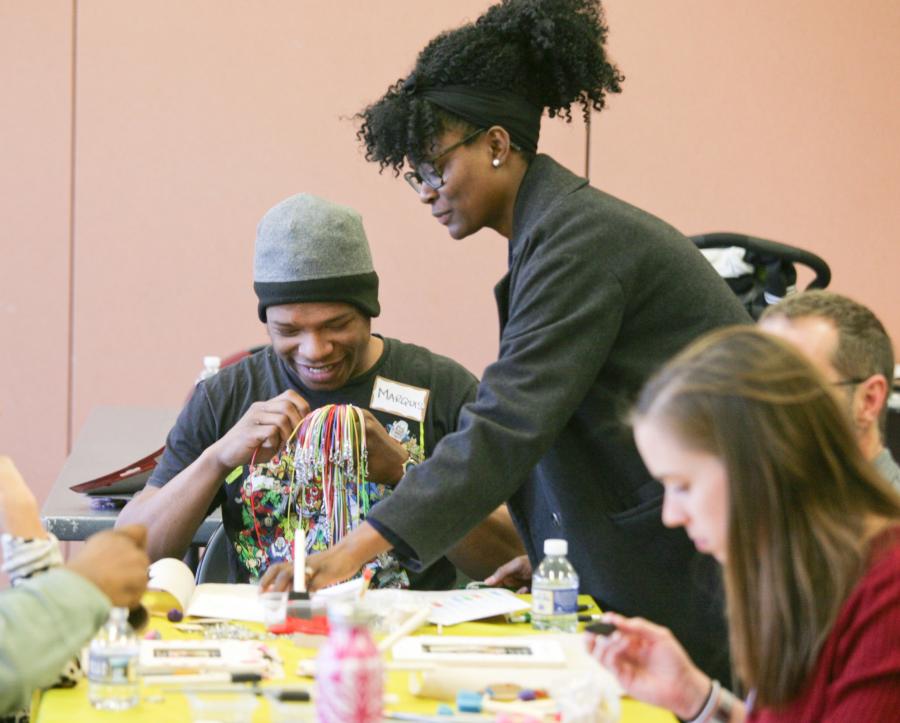
Q: What does an average day for you look like for your organization?
A: It changes from day to day. For the five years, we were a program at another nonprofit organization. They decided to not continue this program in D.C. and we had just gotten going with a bunch of teens and adults and we thought, ‘we can’t just walk away.’ So a few of us—I was the only one on staff but with some of our very committed volunteers—agreed that we would start another organization to keep this program going, which is how the Family and Youth Initiative got started. I am the founding executive director and I was the only staff person for a long time. Fortunately, I am not the only staff person anymore. I do a little of everything I think because I’ve been around from the beginning. I’m the institutional knowledge and I am often the initial connection for new teens. I do a lot of the behind the scenes work, which is really my responsibility but then I’m also doing a fair amount of work with volunteers and teens and supporting new staff as they come on, but making sure that we are moving forward, engaging with teens, engaging with volunteers and getting folks connected and matched as quickly as we can.
Q: Has it been rewarding to see how much it’s grown?
A: In every way. When we started, we had pretty much no money. We just had a very bare bones operation, which was really the teens that were in the program at the time and volunteers. They are still a group that’s really connected just because they were together for so long. But it’s interesting if one of them comes to an event now they’re like, ‘Wait, I don’t know anybody here.’ No, you don’t because there has been a continuing group of new volunteers and a continuing group of new teens and some teens have found adoptive families so they’ve come and gone and some volunteers are matched and they don’t come to events anymore.
People often ask ‘how do you recruit volunteers or how do you find people?’ There are so many wonderful people in this community, many of whom are looking for a way to connect, give back and be a part of something. When people find an organization like this one, come to an event or two, meet the teens and meet other volunteers, they really get hooked. Because it’s just this incredible, diverse, wonderful community of people, but mostly just wonderful and giving and generous. Some of our volunteers will say, ‘I’ve made friends and met people that I never would have met otherwise.’ And the same is true for the kids, in terms of the communities that they get in addition to the individual relationships.
Q: So I’m curious to know, what does community mean to you?
A: I think of it in terms of the DCFYI community, which is that people are so different, and their life experiences are so different, and maybe values are not so different, because they all sort of have similarities. There are (different) backgrounds — where they come from, how they grew up and what they do, if they’re religious or what sort of faith community they’re part of — and yet, there’s so much commonality when you get to know other people.There’s this incredible strength that comes from creating those connections. So, if someone is trying to figure out how to solve a problem, there is somebody else in this community that they are somehow connected with and help them do that. To enjoy being part of it is a really wonderful thing.
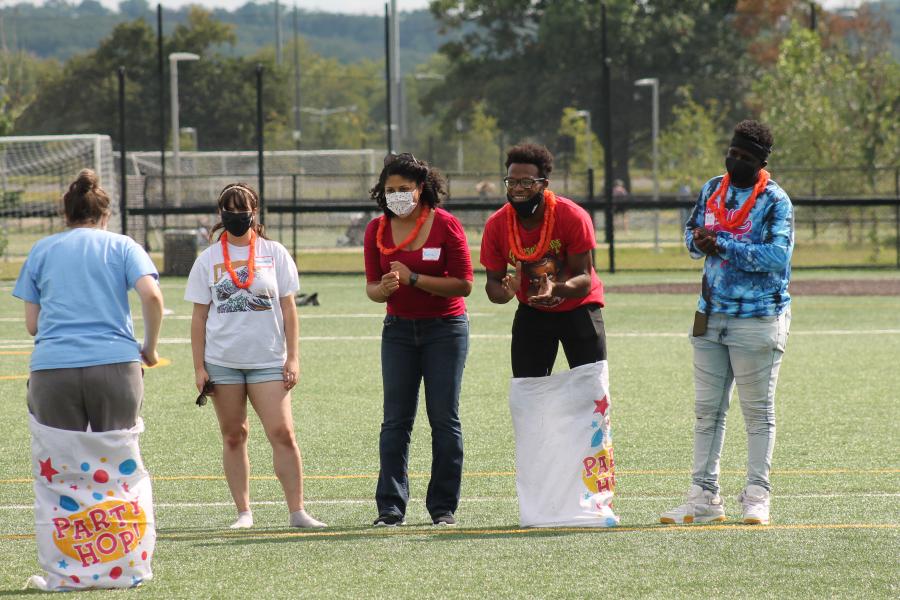
Q: How do you hope that your organization is able to impact the community that you serve?
A: We do a lot of things well, and there are things one can do better. One of the things that was not as strong in the beginning was recruiting and helping our teens find adoptive families. We’ve definitely helped some of them find adoptive families, but there are many more of them who would still like to be adopted if they could find the ‘right fit’— doing this in air quotes — but right meaning someone that feels comfortable to them. So we’re really hoping that we can continue to grow that part of what we do and really reach more people with the message and the importance of permanent family, of really belonging somewhere. The teens we work with who age out of foster care are better off than they would have been if they hadn’t been part of this program because they do have adults who are looking out for them, are going to help them and support them and be there with them. But there is still a huge benefit to being part of a family versus being connected. I think sometimes it’s not necessarily obvious to people because if you grew up in an intact family, you hit 18 or 21 and you’re ready to be on your own and you feel like you can do it all on your own. But if you came from an intact family, you still have that family connection. So it’s kind of hard to even wrap your brain around what it would be like not to have that. But it does make a huge difference for anyone to know they belong somewhere.
Q: It’s great that people who were a part of the program as teens come back and connect with the organization.
A: It’s a piece of being like family. When I turned whatever I turned when I left home, I still was part of my family. I’d go home for holidays or my mom was here when my kids were born, those kinds of things that many of us just take for granted. I think young people who are in foster care or young people who come from dysfunctional families where they choose to sever ties are the only ones that somehow are expected to be on their own and not have those kinds of relationships once they hit 18 or 21. We don’t have any discharge criteria; we invite young people to participate with us and they can participate for as long or as short as they like. They can disappear for a while, meaning they stopped coming to events and if they get back in touch and say, ‘Hey, I think I want to start coming again,’ we will say absolutely fabulous. We’re happy to see you. There are young people who have been adopted who still come to our events, thinking of one right now who was adopted right before COVID, so November of 2019. She’s probably been to our last three events. Not that there’s anything going on in her adoptive family that isn’t wonderful—everything is good there. It’s just she’s also part of this community. This is her DCFYI family and I think she also feels like she wants to make sure that other that new teens in the program get fully invested and understand what this program can be. So it’s just kind of this range at any event where there will be a teen and adult coming for their very first time. There could be a 24-year-old who has been with us since they were 14 and sort of everything in between.
Q: Teens have a harder time finding homes when they’re in foster care, the longer that they’re in foster care. So are there any narratives you want to change about teens who are in foster care?
A: Well, there are a couple of issues. One is child welfare agencies are really good about confidentiality. Because children who are in foster care have been abused or neglected, they are going to protect them, and sometimes protecting them means that people who are not directly involved have no ideas for who they are. They’re not often identified as being in foster care. So there are people who know children who are in foster care, yet they have no idea they’re in care. So instead, people have perceptions, misperceptions, biases that maybe these are all troubled kids or these are difficult kids, and that’s just not the case.
They’re incredibly resilient because they have been through very difficult things and yet they get up every morning. They’ve got hopes and dreams and they have incredible personalities; they are like any teenager, which is to say there’s a range of personalities and there’s days that they may not be feeling like they want to engage with people. But they’re also just so much fun, so creative, curious, interested and wanting to meet people and wanting to explore things and experience new things. They have so much potential.
You sometimes hear about a person who goes on to be famous or rich and there’s some piece about when they were in foster care when they were a kid. Some people don’t think about the thousands of teenagers who are in foster care all across this country, there are lots of them who have that same potential. People are going to be much more likely to actualize their potential if they have the support they need and they have the self confidence they need to go out in the world and do whatever it is they want to do. They’re just these incredible young people who are fun to get to know, who are looking to be connected. We’ve had volunteers who say ‘I came to my first event and I thought they’d all be like gated and they wouldn’t want to talk to me’ but later say, ‘Oh, it wasn’t like that.’ They see them engaging and laughing with other adults. I wasn’t like that as a teen but, but they really want those relationships. And they want to connect once they feel comfortable with people.
Q: What are some of your favorite memories you’ve formed with DCFYI?
A: Oh, lots of favorites. Obviously the teens who find adoptive families; there is something pretty magical about watching that happen. Remembering the first time that an adult and a teen met and no one had any idea at that moment that in some matter of time that would have been a parent and a child. Watching that process is always pretty amazing. Sometimes it’s even young people who may still are struggling as adults, but they will say to or about an adult, ‘I heard what you were telling me like 5 years ago or 10 years ago, and maybe it didn’t seem like I was listening at the time, but I was’ or ‘Maybe I wasn’t at the time, but it’s it stayed with me and I get it now, and I appreciate that you took that time with me and that you continue to take the time with me.’ Sometimes a young person will really push an adult away and yet the adult is still there with them and they appreciate that.
I was talking with a teen the other day who is going through kind of a rough stretch and he had chosen not to share with his mentor. He told me ‘I don’t want to disappoint him and I know what it’s gonna look like when he’s disappointed and he’s the closest thing I have to a father figure. And so he’s just really that important to me.’ And it was not something that the mentor had been told previously. It has not been told directly by the young person, but I did share that with the mentor. To be able to have adults — not always adults sometimes it’s peers, it’s teens — know just how important they are to a young person and what kind of impact they have by being in and staying in their life is pretty phenomenal.
Q: What makes a DCFYI volunteer special in your opinion?
A: They’re just generous people who want to give back. And I think that that’s the one common thing right? I mean, politics are all over the place. Genders, race, sexual orientation, all that stuff; it’s just this diverse group of people. They are really warm, giving, concerned individuals, many of whom are incredibly grateful for the love that they had as children and some of them are people who had their own struggles in childhood. We’ve got volunteers who were in foster care themselves and sometimes we have volunteers who say ‘I wasn’t in foster care, but really I should have been,’ but they’re people who just want to pay it forward for the next generation and see the incredible benefit and value of loving on some young people who are at a point in their lives where they really need that.
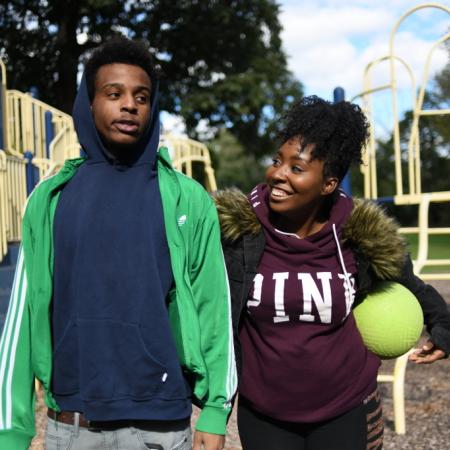
Q: As you continue to grow and give this opportunity to more people, what are some of the goals you have moving forward?
A: We plan to continue to expand the number of youth we serve, as I said earlier, to increase the pool of adoptive families but also the pool of weekend host families. They do the same training and home study that a foster or an adoptive parent would, but then have a teen spend a series of weekends with them in visits and really help that teen meet other people. We know that most teens in foster care who are adopted are adopted by someone who got to know them first. It could be a relative, a foster parent, it could be a teacher or a coach or a youth minister at their church. Or someone who’s gotten to know them. There are these incredible, wonderful people who show up at an agency and say ‘Hi, I want to adopt and I want to adopt a 16-year-old,’ but there are not as many of them as there are 16-year-olds waiting for families. So our host families help expand just the numbers of people who’ve met are teens and in the hopes that we can expand the number of people who will pursue adoption and help us ensure that our teens at least find families. So building all of that and then we also have this open table program. It’s relatively new and is a way to wrap support around young people who are aging out of foster care or have aged out of foster care. It’s a group of adults who are trained together and then they are matched with a young person and they meet weekly for a year to build relationships with that young person, help them expand social capital and help them work toward whatever goals they set for themselves. So that’s new for us like a year and a half now and we’re continuing to expand that as well to ensure that young people who have aged out of foster care can have even more support than like a mentor and other people that they already know.
Q: What are ways others can support your organization?
A: Folks can always donate. We are always grateful for financial support. If they know people in this area, certainly send them our way or share that information. Unfortunately, there are not a lot of organizations like ours and other parts of the country so I can’t say, you know, they should look for those organizations because they don’t exist. But I think even sharing our information on social media, because then it’ll get more traction and other people might see it as just sort of ways to help us raise our profile and have more people who are in this area find us.
You can find out more about DC Youth and Family Initiative on their website, and be sure to check them out on Facebook, Twitter, and Instagram.
